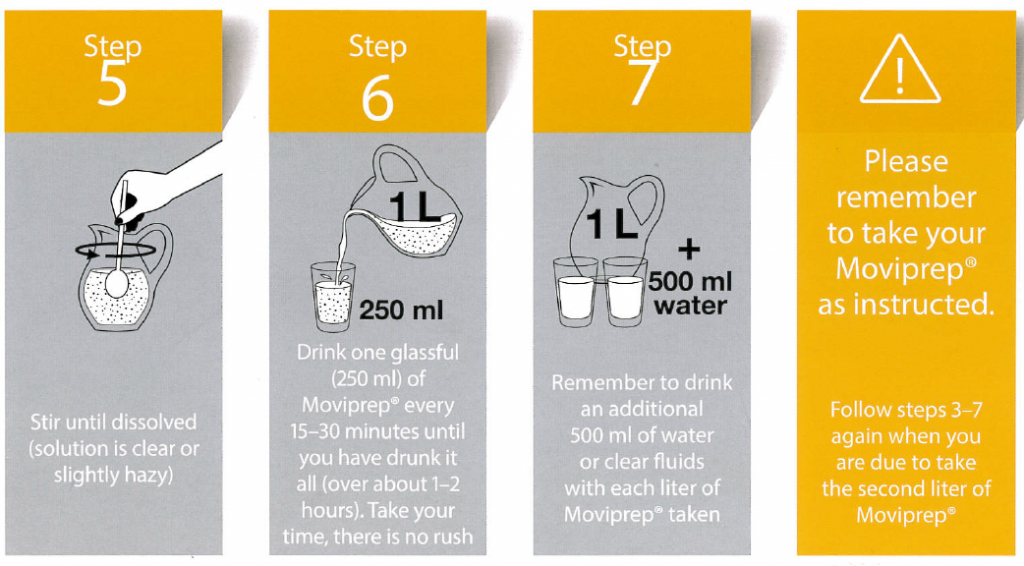A colonoscopy is a necessary procedure that doctors use to check your lower digestive system for abnormalities. Preparing adequately for your colonoscopy screening Singapore allows your gastroenterologist to administer the test in a clean and clear colon. Here are steps to take to prepare for your procedure:
1. Consult with Your Doctor
Ask your gastroenterologist about the measures you’ll need to take to prepare for your examination. The professional will check your medical history and current prescription medications to develop a preparation plan. An advanced warning care team will discuss your current drugs, including heart thinners or insulin, and advise you on how to proceed with your preparations, starting with dietary changes.
Your gastroenterologist will provide a dietary plan to prepare your body for the procedure. Foods with high fiber or residue, such as nuts, may leave pieces in your colon during the colonoscopy. Eat bread, clear soups, cooked vegetables, or fresh fruits with a low fiber content. Drink water regularly to stay hydrated, and avoid dairy products such as yogurt. The day before the procedure, you will switch to a liquid diet, such as chicken or beef broth. Avoid alcohol or colored drinks, as well as any juice that has pulp.
2. Preparation Using Colonoscopy Medication
Oral laxatives stimulate bowel movements and may reduce constipation. They can be taken the night before your procedure and work by inducing a bowel movement to clear your bowel. These types of oral laxatives contain different substances, such as electrolytes and hyperosmotic agents. Hyperosmotic agents induce movements by triggering your bowel to draw water from the rest of your body to flush substances out. Cleaning your bowel can be dehydrating, so consume electrolytes because they give your body the ability to reabsorb water to avoid nutrient deficiencies.
3. Day of the Procedure
Avoid eating or drinking before going for your appointment. Check your blood pressure and take your regular medication as instructed by the pre-assessment team. With a doctor’s permission, patients with diabetes may be able to hold off on insulin medication on the day of the procedure. Make sure you have a friend or family member to drive you back home after the exam, as sedatives may impair your motor skills.
4. Post-Examination Arrangements
After the exam, you may feel gassy or bloated, and there might be blood when you defecate the first time in the morning. Consult your physician any time you experience stomach aches or observe blood consistently in your stools. Avoid alcohol and caffeine after the procedure, but drink plenty of water to reduce any inflammation from the procedure. Eat foods such as mashed potatoes or plain toast that are easy for your stomach to digest. This helps facilitate your digestive tract back into working order while avoiding aggravating the digestive system.
Contact a Gastroenterologist
Preparation for a colonoscopy goes a long way to allow a comfortable and successful process. Create a preparation plan with your doctor that involves dietary changes and preparation medicine to help you get ready. Make sure you take plenty of healthy, approved fluids the day before and after your procedure. Contact a gastroenterologist to schedule an endoscopic examination of your bowel.
